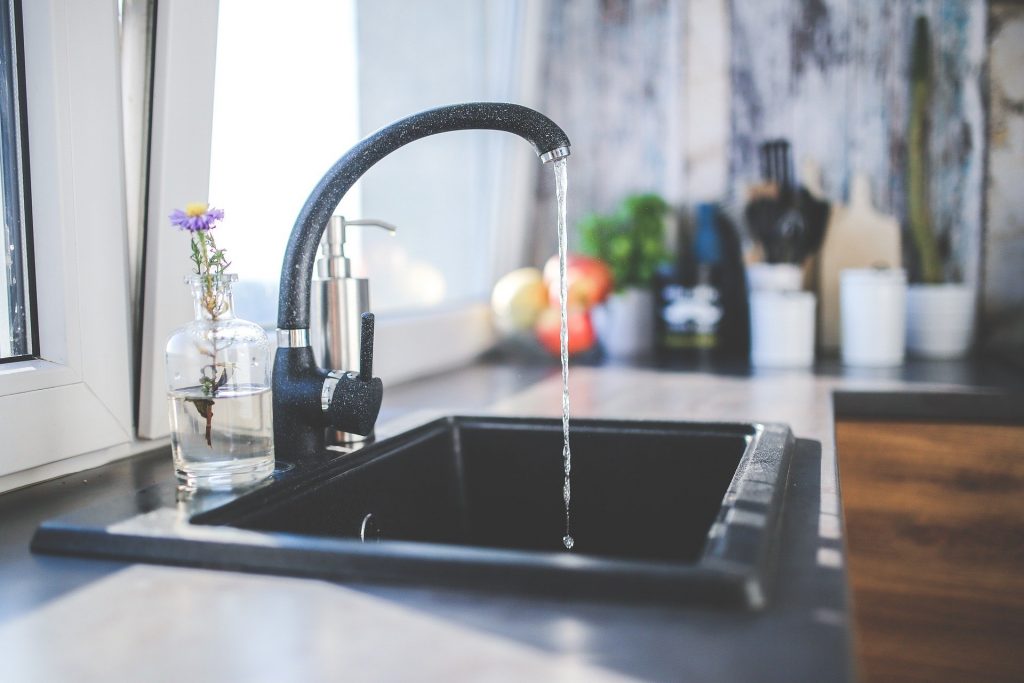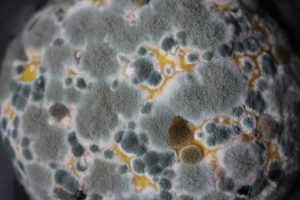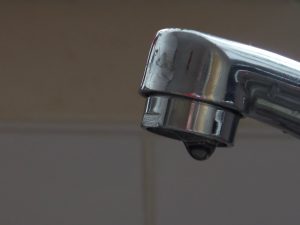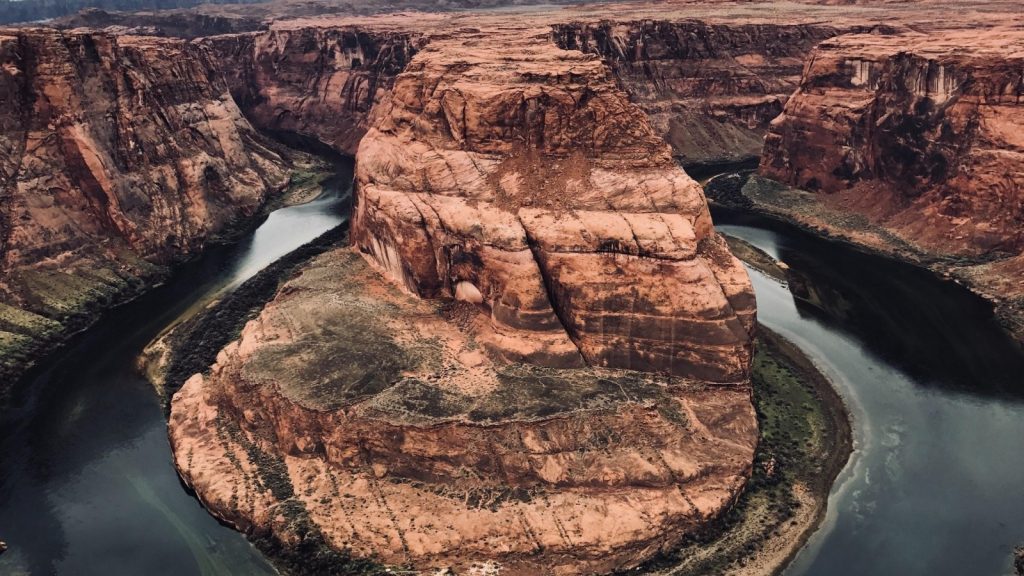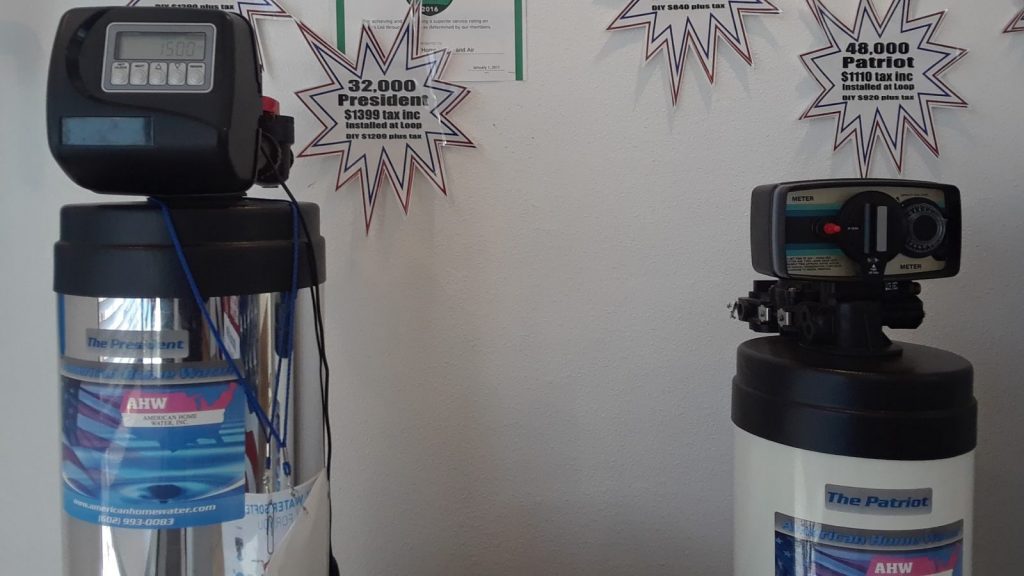Hard water is a significant problem faced by about 85% of homeowners in the United States. It is not just bad for your health, but it also damages the pipes and fixtures within your home, which leads to clogged pipes and shortens the life cycle of appliances.
Is it safe to drink soft water? Contaminated water is the other aspect that should be a major concern. Not only can it taste and smell bad, but it can also cause sensitivity, and in the worst scenarios, it can lead to severe health problems.
Several systems are available to soften or purify water. However, selecting an ideal fix from a myriad of solutions available in the market can be a confusing prospect. In this water conditioner vs. water softener article, our primary objective is to explain the terms and show you the difference between the two.
Know What You Need – Water Softener vs. Water Conditioner
Before buying either it is important to understand what exactly is the problem and what do you need to fix it. To know the exact product you need, you have to first identify the issue. All you need to know is if the water is just contaminated and needs cleaning or it is hard water and needs to be softened. It is important to consider through your options which might be a water softener loop installation or replacing worn out soft water systems. Some of the major signs that indicate water is hard:
1. If there is scaling around drains in the kitchen, on the showerhead, and bathtub drain.
2. If soap scum buildup on bathtub tiles, sinks, and shower curtains.
3. If the water heater stops working due to mineral buildup on it.
4. If you feel itchiness or dryness in your skin.
5. If you find spots on your dishes
Both water conditioners and water softeners can help you get rid of many problems with hard water. Now let’s understand the terms and then we’ll walk you through water softener vs. water conditioner.
What Is A Water Conditioner?
A water conditioner is a type of water filter that cleans and improves the quality of water. It does not remove the minerals that make the water hard, instead, it changes the composition that stops crystals from scaling.
There are different types of water conditioners in the market with different features. For instance, one type of conditioner may remove chemicals such as sodium to prevent appliances whereas another may remove chlorine and hydrogen sulfide to change the taste of water. This might be the best solution for you if you want low running costs, low maintenance, and overall improvement of drinking water.
What Is A Water Softener?
A water softener is a device designed to remove hard minerals from water. It removes hard minerals such as calcium and magnesium from the water and replaces them with ions of sodium and potassium. This elimination process is called ion exchange. A salt-based water softener consists of a resin bed, a brine tank, and an electronic module. This mineral-free water does not contain limescale and causes any corrosion problems in your home appliances and pipes. Before installing a water softener, you need to weigh between the pros and cons of each of the hard water systems.
Water Conditioner vs. Water Softener – Similarities
Prior to moving on to the differences, let’s first understand the similarity between the two treatment systems. Bothe water conditions and softeners are used to deal with the everyday problems of hard water. When water becomes rich in minerals such as silica, magnesium, calcium, etc., hardness occurs.
These minerals give rise to several problems in pipe fixtures, heat-exchange surfaces, and pipes in buildings. First, with time scaling builds up in the pipes, and they get clogged. Second, limescale accumulation on any heating element insulates them and thus prevents them from working efficiently. Both of them require minimal maintenance, and they can be used for the lifetime of the house or until the quality of water deteriorates and becomes hard again.


